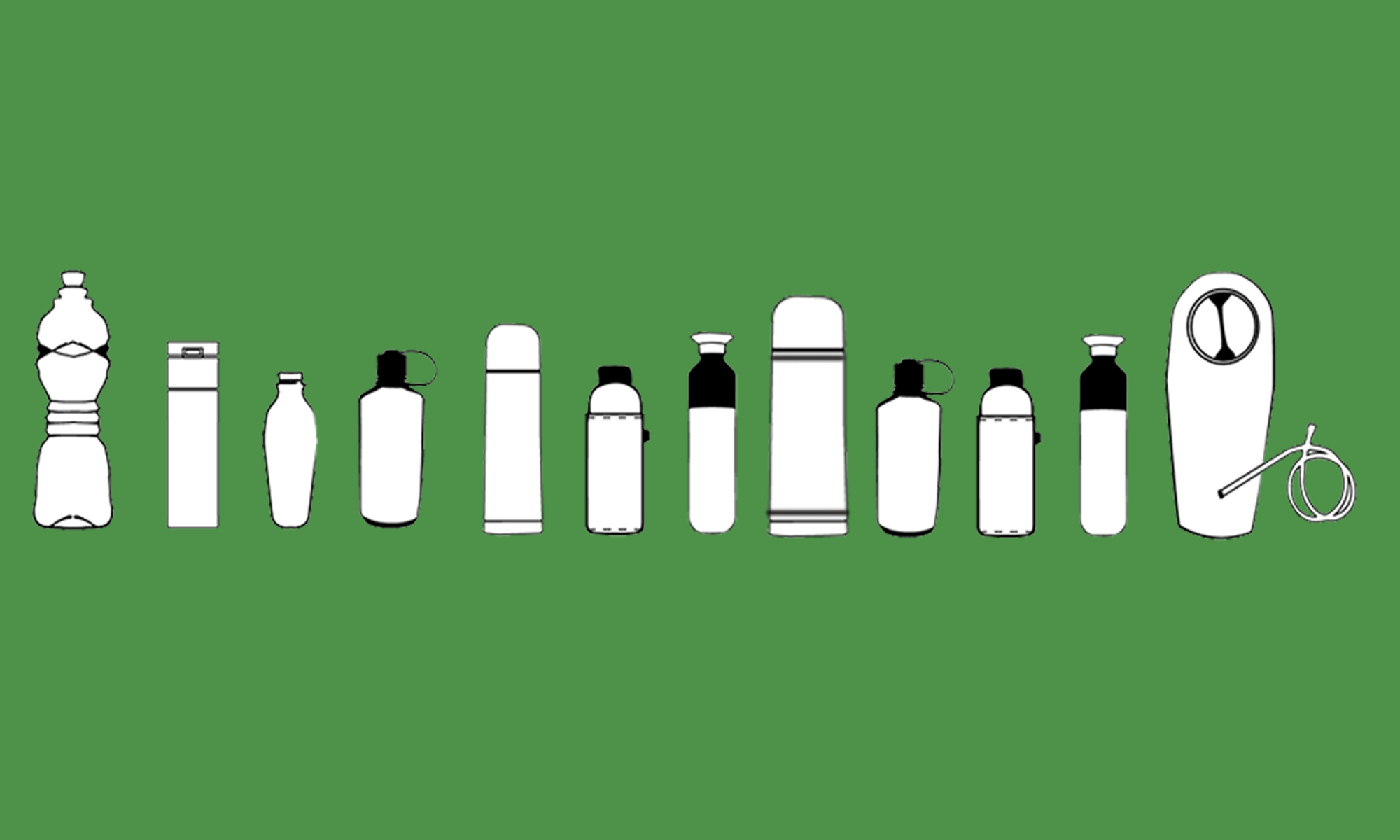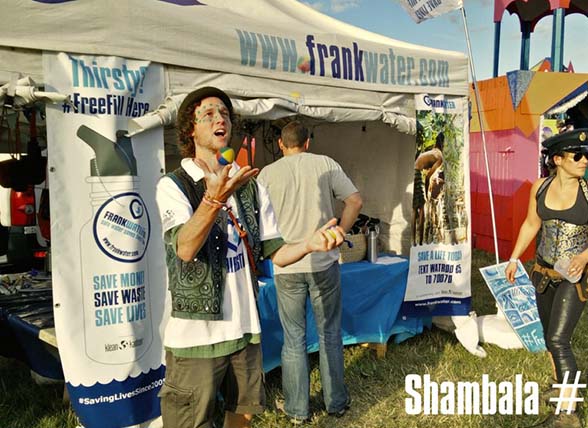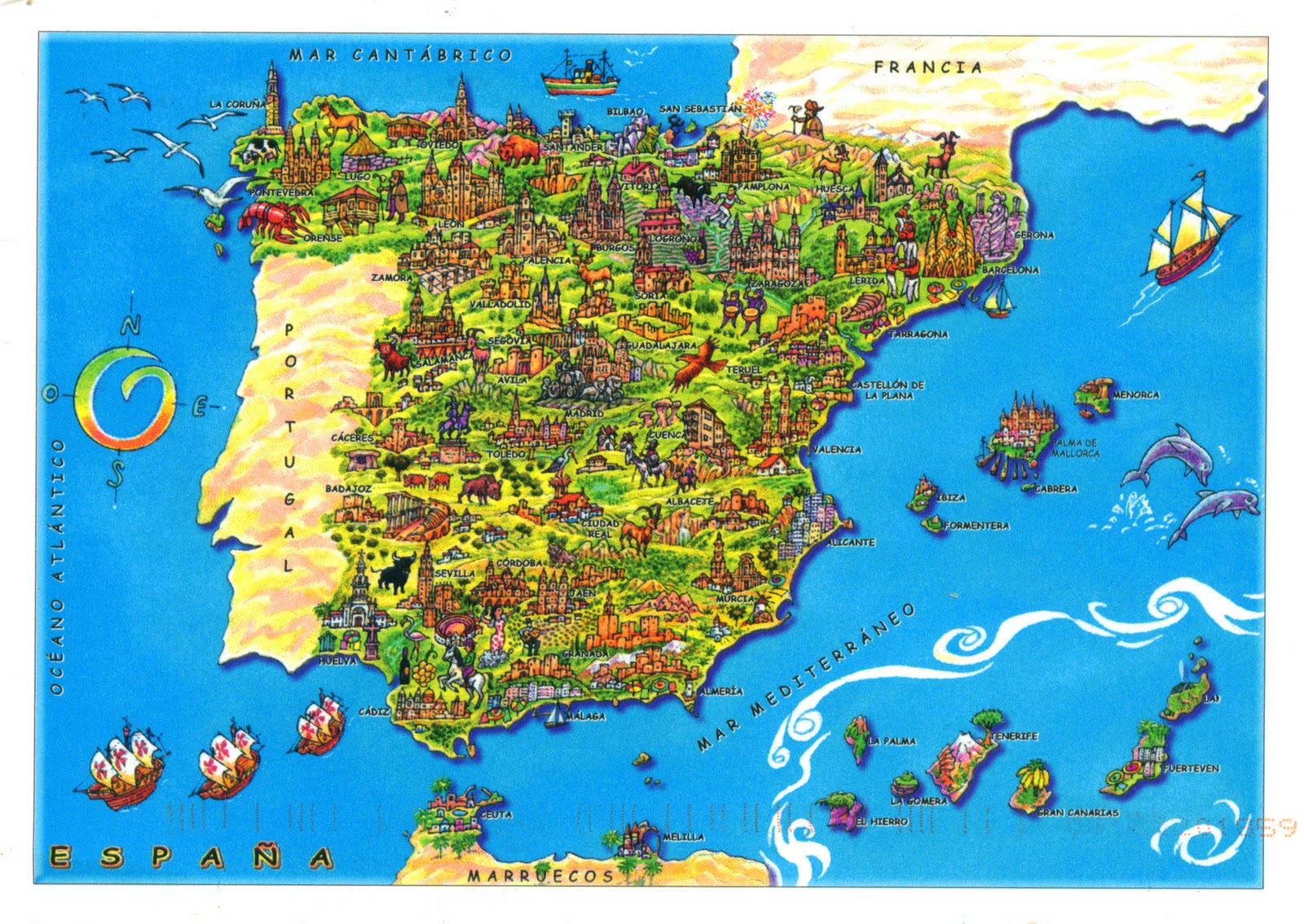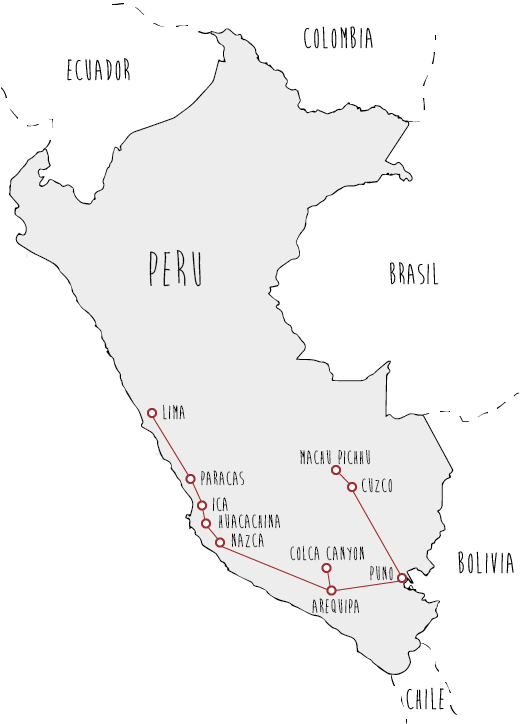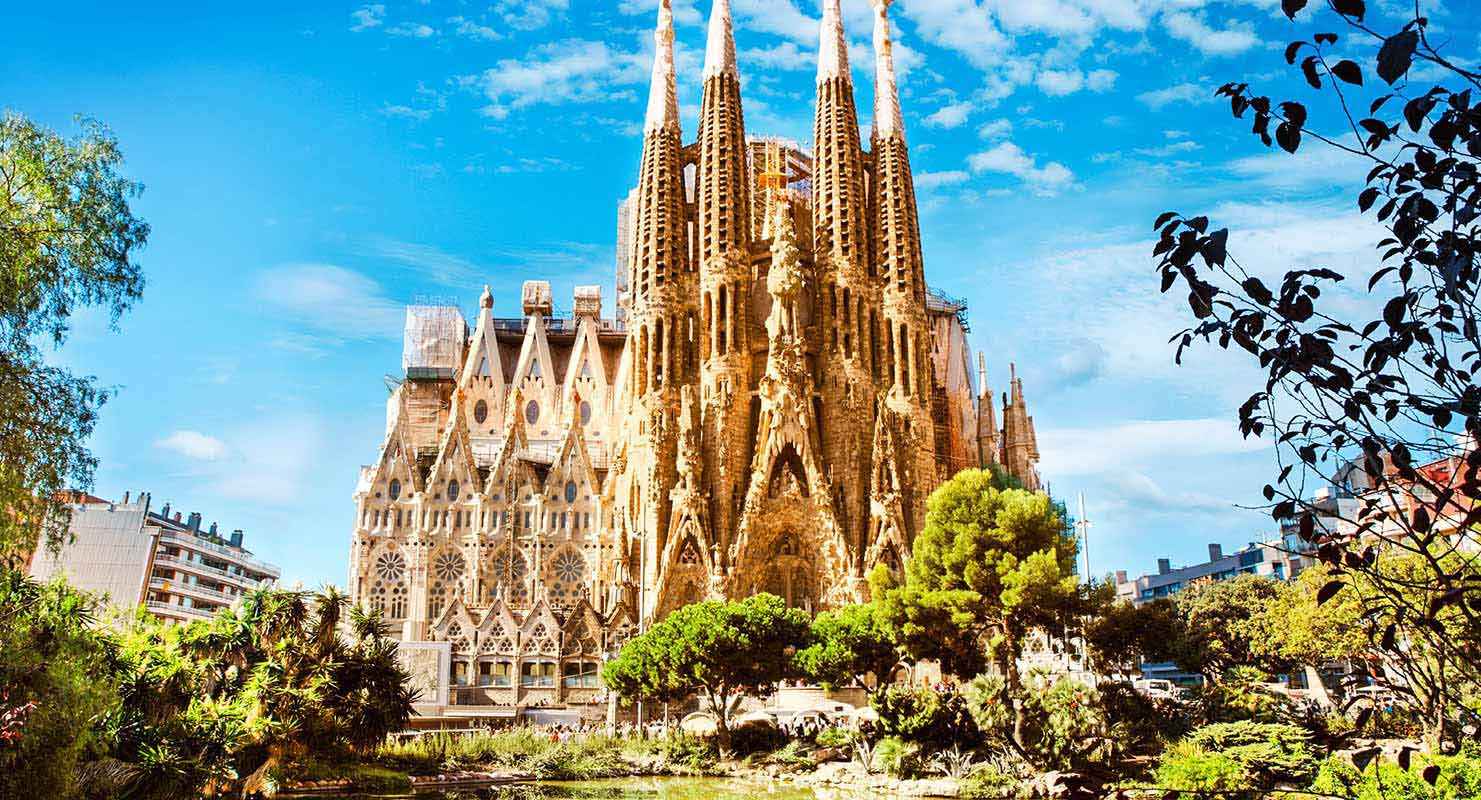When I think about all the plastic waste around us and the long road to improvement, I sometimes feel a bit lost. In these days, it helps to talk with like-minded people. This week I had the pleasure to interview Katie Alcott, CEO and founder of FRANK Water. This organisation combines a couple of cool refill-projects in the U.K. with community work in India and Nepal. Ready to get inspired?
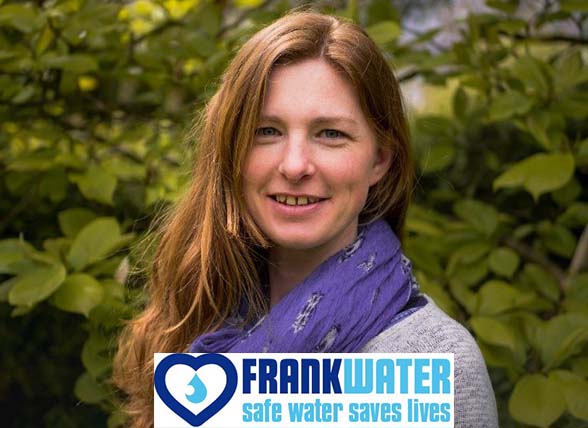
INTERVIEW WITH KATIE ALCOTT (K) BY HELLA HEKKELMAN (H)
H: FRANK Water is a social enterprise and a registered charity. How are these two related?
K: Through our projects in the U.K. we raise money and awareness on water usage and the importance of clean drinking water. For example with our Festival Refill Service. Our social enterprise donates 100% profit to our charity.
H: Interesting, can you tell a bit more about these festivals?
K: Our Festival Refill Service offers unlimited refills of chilled, filtered water to festival-goers if they buy a refillable water bottle or our wristband. All profit goes to our charity. We started this refill initiative in 2010. Right now is quite a busy time for us. The festival season is about to begin. We’ll be up and running the entire summer with over 200 volunteers.
H: Awesome! Can we also find your crew on a Dutch festival?
K: Currently not, but we often get requests. Perhaps in the near future with a more portable stand or a kind of Franchise model.
H: The water quality in the U.K. is among the best, still nearly 40 million plastic bottles are used in the U.K. every day. How come the consumption of plastic water bottles is so high?
K: It’s complicated. Bottled water companies know very well how to market their products. Consumers believe it’s more healthy to drink mineral and spring water. Furthermore the infrastructure for refilling in the U.K. is not great, whilst buying bottled water is just too convenient. It’s also a matter of trust. Some people do not trust public fountains. They ask themselves ‘are these cleaned regularly?’ ‘What about legionella’ or ‘How do I use these things’?
H: With Refill Ambassadors we want to establish refill points in hotels, shops cafes and restaurants. You’re also working together with a restaurant chain in Bristol. How does this work? Do you plan to expand and include other restaurants in the UK?
K: The restaurant offers table water to customers for a small charge, which is donated to our charity. When talking to relevant stakeholders we always offer the possibility. It’s quite time consuming and not always easy for the restaurant to offer and manage the donations, but it can work well.
H: Let’s talk a bit more about the charity. You work in many different communities oversees. How is this organised?
K: We are helping to secure clean drinking water and sanitation in marginalised rural communities. In India we employ two amazingly talented Indian nationals, with the right expertise who speak the language and understand the local cultures. We then collaborate with local NGOs to work with the communities and leverage support and expertise from national and international organisations, engineers and geologists.
H: What kind of water purifiers are being used?
K: This really depends on the area. For example we have bigger gravity-fed water filters in eastern India, and smaller filtration systems and a variety of different solutions in other areas. We try to find the best solution for each community. It’s about finding low-impact, sustainable solutions that require low-tech maintenance.
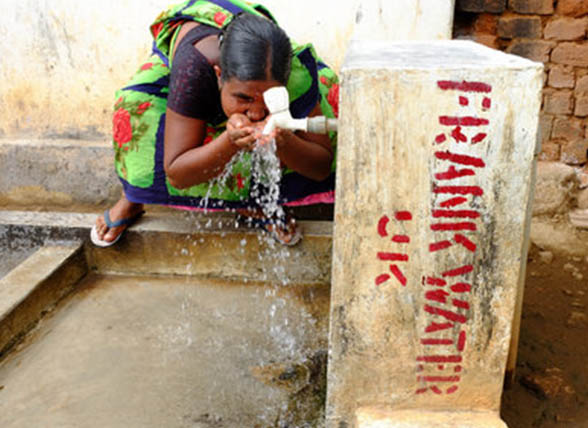
H: Do you have tips for Refill Ambassadors?
K: I think it’s great you started this initiative. Your focus on tourists is really interesting. It fills a gap. As a tourist, the last thing you want is to be ill due to contaminated water on your travels, so bottled water is often the only fail-safe solution.
H: You had that bad experience! And afterwards you founded FRANK Water.
K: Yes, indeed! I also think it is great that you ask a small contribution for the refill. In this way the local communities keep their profit and will be more likely to maintain the quality of safe drinking water. And as a consumer you learn to understand the value of water.
H: Thank you so much for sharing your thoughts. We wish you all the best with FRANK Water. Let’s stay in touch.
K: We will, thank you!
#PLEDGETOREFILL
Talking to Katie helped me to get back in positive thinking. Hopefully I get to meet this wonderful lady and her team one sunny day, at one of the festivals or in the field.
If you want to support FRANK Water, sign the #PledgetoRefill and commit to carry a refillable bottle with you everywhere you go.
